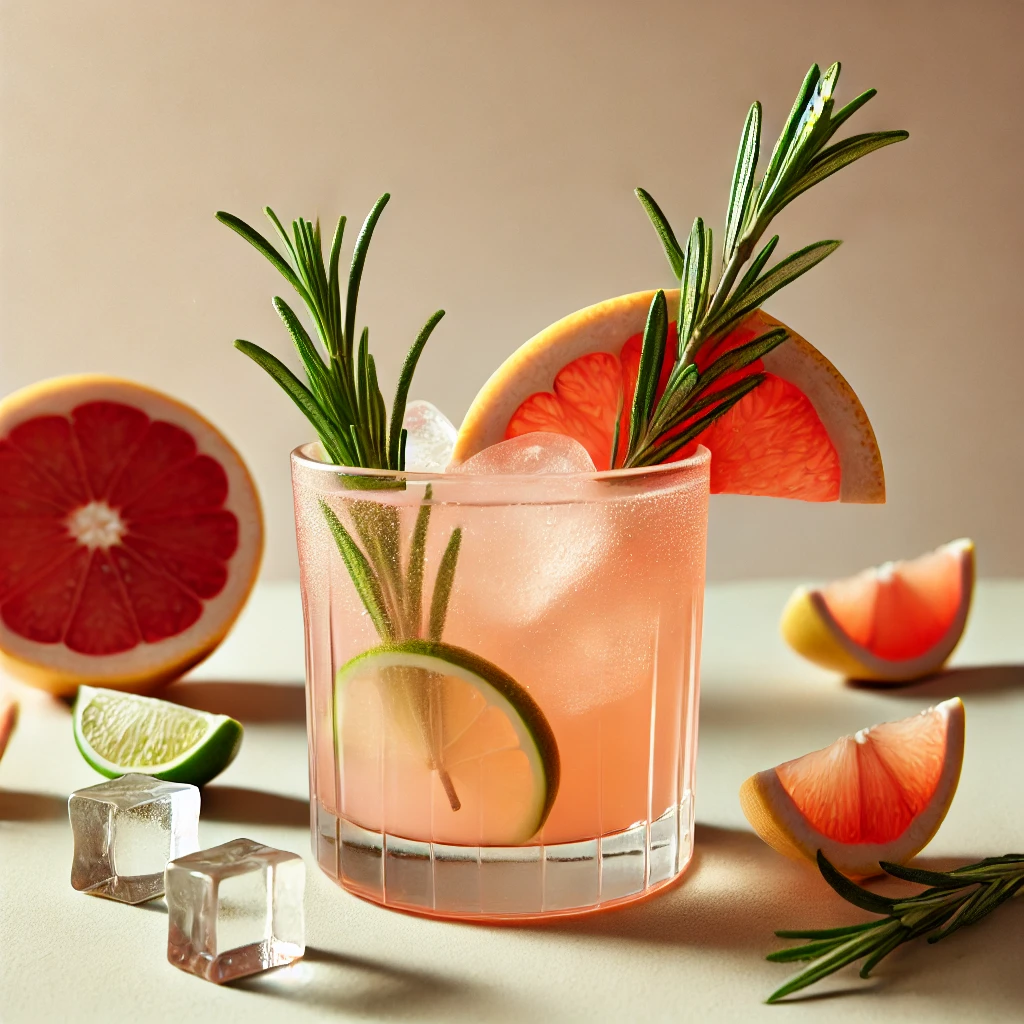Are Mocktails Healthy? What a Dietitian Wants You to Know
Mocktails—non-alcoholic alternatives to traditional cocktails—have become increasingly popular as a refreshing, sociable beverage option. Driven by the rise of the sober curiosity trend and initiatives like Dry January, more people are exploring alcohol-free options. But are mocktails genuinely healthy?
We spoke with Daisy Mercer, a dietitian, to shed light on the nutritional aspects of mocktails and how they can fit into a balanced lifestyle.
What a Dietitian Says About Mocktails
Daisy Mercer emphasizes that mocktails can be a great alternative to alcoholic drinks, especially in social settings. “Mocktails offer a healthier choice when alcohol isn’t an option or desired,” Mercer notes. “Social events often center around drinking, and having a non-alcoholic option can make it easier for people to blend in and feel comfortable.” So yes, mocktails can be a healthy option, but there are key considerations.
What Makes Mocktails “Healthy”
Lower Calorie Content
Mocktails typically have fewer calories than alcoholic beverages. For instance, while a shot of vodka contains around 100 calories, some non-alcoholic mixers, like Mixly’s strawberry pomegranate mix, contain approximately 70 calories.Added Health Benefits from Mixers
Certain mixers, like Olipop, include probiotics that support gut health and promote beneficial bacteria.Alcohol-Free Advantages
For many, avoiding alcohol is the healthier choice. “Excessive alcohol consumption can negatively impact liver health and lead to liver disease,” Mercer explains.
Tips for Making or Buying Healthy Mocktails
Watch for Added Sugars
Many fruit juices contain high amounts of added sugars, which can negatively impact insulin sensitivity over time.Opt for Lightly Sweetened Options
The best mocktails are made with 100% fruit juice without added sugars or are sweetened with alternatives like stevia or monk fruit.Read Nutrition Labels
Pay close attention to calorie counts and added sugars. Tracking with a tool like MyFitnessPal can help you manage your daily caloric intake.Focus on Enjoyment Over Nutritional Value
While mocktails may contain herbs, spices, or botanicals, they typically don’t offer significant nutritional benefits. “While some herbs, like turmeric, may have anti-inflammatory effects, the frequency and amount consumed in mocktails are usually too low to have a major impact,” Mercer explains.
What the Science Says About Mocktails
Several studies support the health benefits of choosing mocktails:
- Weight Management: According to the American Journal of Clinical Nutrition, sugar-sweetened beverages (like many cocktails) contribute to weight gain and an increased risk of type 2 diabetes. By contrast, mocktails with low-sugar ingredients can help mitigate these risks.
- Liver Health: A study published in the Journal of Hepatology found that abstaining from alcohol can reduce the risk of liver diseases.
- Antioxidant Benefits: Research from the Journal of Nutrition and Food Sciences indicates that using fresh fruits, herbs, and spices in drinks—commonly done with mocktails—can offer antioxidant and anti-inflammatory benefits.
Common Beliefs About Mocktails: Fact or Fiction?
“Mocktails are always healthy.”
Not necessarily. Mocktails high in added sugars can still have negative health impacts.“Mocktails are always healthier than cocktails.”
Generally true due to the absence of alcohol’s negative effects on the liver.“Mocktails are low in calories.”
Not always! Be sure to check the nutrition label and look for added sugars.
Mocktail Recipes to Try
Interested in making your own mocktails? Here are a few recommendations:
- Dried Hibiscus Mocktail: Made with dried hibiscus tea, orange, star anise, and orange peel for a refreshing twist.
- Spiced Apple Shrub Mocktail: Sweetened with honey instead of sugar, this mocktail offers a tart, autumn-inspired flavor.
Find more inspiration from our 12 additional mocktail recipes and check out our TikTok and Instagram for mocktail-making tips!
The Bottom Line: Mocktails Are Healthy Alcohol Alternatives
Choosing mocktails over traditional alcoholic drinks often aligns with health and wellness goals. To make the most of your mocktail experience, read nutrition labels carefully, manage calorie and sugar intake, and enjoy these alcohol-free options as part of a balanced lifestyle. Cheers to health and happiness!







